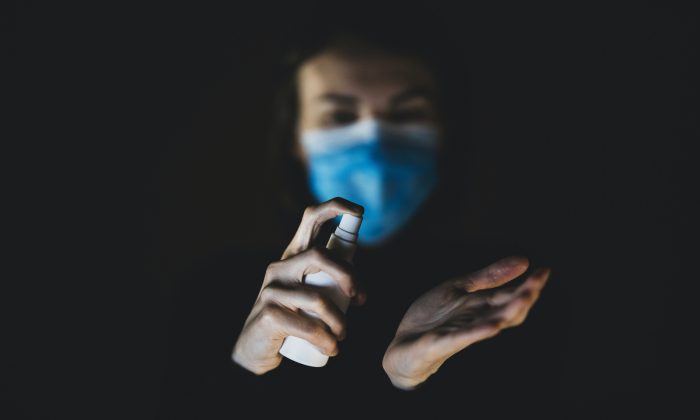BCFA Anti-Viral and Anti-Bacterial Product Directory
This guide is intended to provide a one-stop source of contract products and materials that can be used to reduce the risk of infection from viruses and other infectious diseases in the workplace, hotels, care homes, restaurants, bars and other communal spaces. BCFA members were already leaders in using and producing these types of products before the Covid-19 pandemic and many more anti-viral and anti-bacterial products will be launched over the coming weeks and months. This guide will be updated bi-weekly to incorporate all these new products.
Download the BCFA Anti-Viral and Anti-Bacterial Product Directory

Definitions
Microorganisms or microbes are microscopic organisms that exist as unicellular, multicellular, or cell clusters. Micro-organisms are widespread in nature and are beneficial to life, but some can cause serious harm. They can be divided into six major types: bacteria, viruses, archaea, fungi, protozoa, and algae.
Virus: A virus is a sub-microscopic infectious agent that replicates only inside the living cells of an organism. Viruses can infect all types of life forms, from animals and plants to microorganisms, including bacteria. Examples of common human diseases caused by viruses include the common cold, influenza, chickenpox, and cold sores. Many serious diseases such as rabies, Ebola virus disease, AIDS (HIV), avian influenza, and Covid-19 are caused by viruses. Antibiotics do not work for viral infections. For most viral infections, treatments can only help with symptoms while you wait for your immune system to fight off the virus. Vaccines can help prevent you from getting many viral diseases.
Bacteria: Bacteria are microscopic, single-celled organisms that thrive in diverse environments. These organisms can live in soil, the ocean and inside the human gut. Humans’ relationship with bacteria is complex. Sometimes bacteria lend us a helping hand, such as by curdling milk into yogurt or helping with our digestion. In other cases, bacteria are destructive, causing diseases like pneumonia and methicillin-resistant Staphylococcus aureus (MRSA). Most of the bacteria in the body are rendered harmless by the protective effects of the immune system, though many are beneficial, particularly in the gut. However, several species of bacteria are pathogenic and cause infectious diseases, including cholera, syphilis, anthrax, leprosy, and bubonic plague. The most common fatal bacterial diseases are respiratory infections. Tuberculosis alone kills about 2 million people per year, mostly in sub-Saharan Africa. Antibiotics are used to treat bacterial infections and are also used in farming, making antibiotic resistance a growing problem.
Antimicrobial Fabrics and Treatments: antimicrobial fabrics and textiles are fibre-based substrates to which antimicrobial agents have been applied at the surface, or incorporated into the fibres, rendering a product that kills or inhibits the growth of microorganisms.
Disinfection: disinfection is the reduction in the number of bacteria or viruses to a desired concentration. Sterilization, or the complete elimination of all microorganisms, is generally not needed or in most cases not possible. The actual concentration of microorganisms required to cause a disease (or some other criteria) is not well-defined under most conditions.
Hygiene is a set of practices to avoid infection by eliminating microorganisms from the surroundings. As microorganisms, and bacteria, are found virtually everywhere, harmful microorganisms may be reduced to acceptable levels rather than eliminated.
Cleaning: is the process of removing unwanted substances, such as dirt, infectious agents, and other impurities, from the surface of a product or material.
Testing Products Against Covid-19: At this point manufacturers cannot yet test products directly against SARS CoV-2 (Covid-19), as this testing is not available in commercial laboratories but instead products may have been tested against another Coronavirus with similar characteristics to Covid-19.





